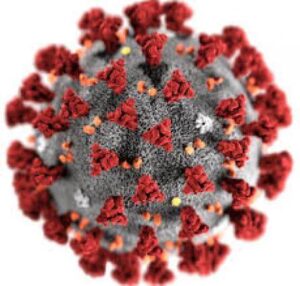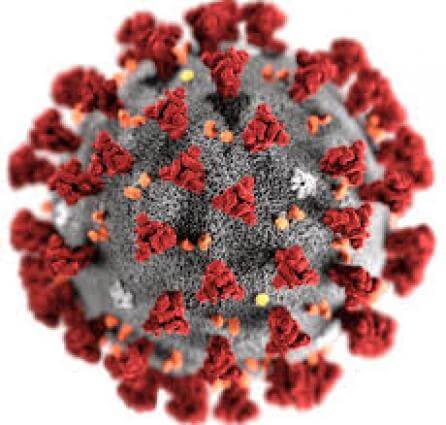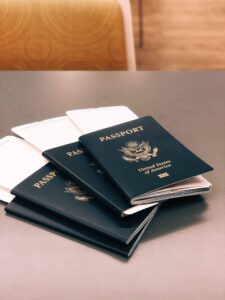There are multiple resources available throughout the community related to finances, mental and physical health, and scholarships for displaced students. Some of these resources include the F.U.E.L Program as part of the California Rural Legal Assistance Foundation, World Relief, California College Student Emergency Relief Fund, Latino Coalition for a Healthy California, and the state of California.
What is Public Charge?
Immigration in the United States has long relied on individuals who were joining the country to build businesses and perform specialty crafts, from agriculture to medicine. As many immigrants have proven this out with new immigrants starting businesses, and now fighting against COVID-19 as doctors and nurses. USCIS has recently adjusted their perimeters around the requirements to potentially exclude those who have relied on public benefits for more than 12 months within the last 36 months, with each benefit counting separately if more than one benefit is taken in a particular month.
USCIS defines the groups included in the rule as:
· “Applicants for admission or adjustment of status to that of a lawful permanent resident (such applicants are subject to the rule’s public charge ground of inadmissibility unless Congress has exempted them from this ground)”
· “Applicants for extension of nonimmigrant stay or change of nonimmigrant status (such applicants are subject to the rule’s public benefit condition unless the nonimmigrant classification is exempted by law or regulation from the public charge ground of inadmissibility)”
USCIS states those who are excluded from the rule are:
· Refugees;
· Asylees;
· Certain T and U nonimmigrant visa applicants (human trafficking and certain crime victims, respectively); and
· Certain self-petitioners under the Violence Against Women Act.
These benefits are considered under the Public Charge rule, including:
· Supplemental Security Income;
· Temporary Assistance for Needy Families;
· Any federal, state, local, or tribal cash benefit programs for income maintenance (often called general assistance in the state context, but which may exist under other names);
· Supplemental Nutrition Assistance Program (formerly called food stamps);
· Section 8 Housing Assistance under the Housing Choice Voucher Program;
· Section 8 Project-Based Rental Assistance (including Moderate Rehabilitation);
· Public Housing (under the Housing Act of 1937, 42 U.S.C. 1437 et seq.); and
· Federally funded Medicaid (with certain exclusions).
USCIS includes benefits that are not considered as the following:
· Emergency medical assistance;
· Disaster relief;
· National school lunch programs;
· The Special Supplemental Nutrition Program for Women, Infants, and Children ;
· The Children’s Health Insurance Program;
· Subsidies for foster care and adoption;
· Government-subsidized student and mortgage loans;
· Energy assistance;
· Food pantries and homeless shelters; and
· Head Start.
Will COVID-19 Harm Our Application Because of the Public Charge Rule?
COVID-19 Testing, Treatment and Preventative Care
USCIS came out on March 13, 2020, to state that it will not take into account “testing, treatment, nor preventative care (including vaccines, if a vaccine becomes available) related to COVID-19” in the Public Charge decision, even if the benefit is from one or more public benefits, such as federally funded Medicaid.
As of now, USCIS suggests anyone with COVID-19 related symptoms, such as chills, a fever, cough, shortness of breath, loss of smell or taste to seek medical treatment. USCIS has stated that seeking medical treatment “will not negatively affect any [foreign national] as part of a future public charge analysis.”
May I Get Unemployment Insurance Without Harming My Immigration Case?
USCIS has stated that unemployment insurance is typically not considered when making a Public Charge decision. DHS has stated that it “would not consider federal and state retirement, Social Security retirement benefits, Social Security Disability, post-secondary education, and unemployment benefits as public benefits under the public charge inadmissibility determination as these are considered to be earned benefits through the person’s employment and specific tax deductions.” USCIS has also included in its Policy Manual that unemployment benefits are not considered by USCIS in a Public Charge decision because USCIS considers unemployment insurance to be an “earned” benefit.
May I Get Unemployment Insurance Without Harming My Consular Processing Case?
U.S. Department of State (DOS) has not given a finite answer on whether or not COVID-19 medical treatment, or financial assistance will be a part of the Public Charge decision for applications being processed at U.S. Embassies and Consulates.

STAY SAFE, STAY HEALTHY
Down time with COVID allows for time to collect documents and begin your immigration process!


